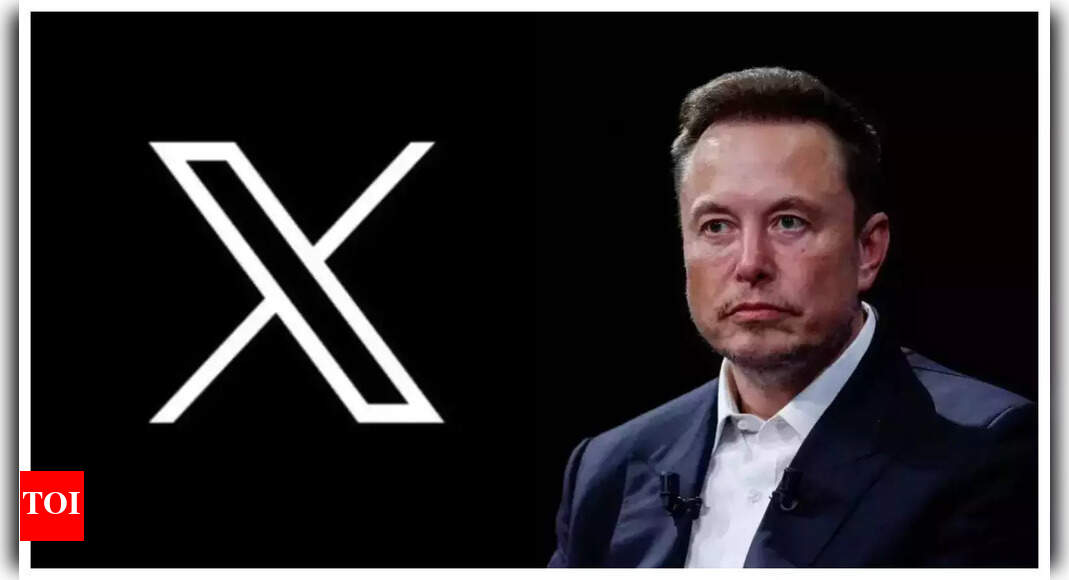The Centre has informed the Karnataka High Court that unchecked unlawful content on social media threatens democracy. It accused X of evading accountability under the IT Act's 'safe harbour' provision, arguing this protection isn't absolute but depends on res…
Why it matters
- The Indian government has raised concerns about the influence of unchecked content on social media platforms, stressing its potential to undermine democratic values.
- A legal challenge is underway as the government seeks to hold platforms accountable under existing laws, challenging the notion of 'safe harbour' protections.
- This development could lead to significant changes in how tech companies operate in India, impacting free speech and content regulation.
In a recent statement to the Karnataka High Court, the Indian government voiced serious concerns about the proliferation of unlawful content on social media platforms, asserting that it poses a significant threat to the fabric of democracy. The government's remarks come amid ongoing legal proceedings and a broader debate about the role of social media in shaping public discourse and influencing political landscapes.
The Centre specifically criticized the platform X, previously known as Twitter, for its apparent evasion of responsibility under the Information Technology (IT) Act, which includes provisions meant to hold platforms accountable for the content shared on their sites. The government contended that the 'safe harbour' provision, which currently protects social media companies from liability for user-generated content, is not an unconditional shield. Instead, it is contingent upon the platforms taking adequate measures to address illegal content.
Officials argued that unchecked dissemination of misinformation and harmful content can lead to societal discord and the erosion of democratic institutions. They underscored the need for a balanced approach that respects free speech while also protecting the public from the dangers posed by harmful online content. This stance reflects a growing recognition of the challenges faced by governments worldwide as they grapple with the influence of social media on democracy and public opinion.
The government’s stance is significant not only for its immediate implications for X but also for the broader regulatory landscape governing social media in India. By challenging the notion that social media platforms can operate without accountability, the Centre is paving the way for potential reforms that could tighten regulations and impose stricter penalties for non-compliance with content moderation standards.
Legal experts have noted that this could set a precedent for how digital platforms are treated under Indian law. If the court sides with the government, it may compel X and other platforms to adopt more robust mechanisms for monitoring and regulating the content shared by users. This could include enhanced reporting systems, better user education initiatives, and greater transparency in how content is moderated.
However, the implications of such regulations are complex. Critics of increased regulation often argue that it could stifle free expression and hinder the ability of individuals to share their thoughts and opinions on social media. The challenge for the government will be to strike a balance that protects democratic values while also ensuring that harmful content does not proliferate unchecked.
As the case unfolds, it will be closely watched by stakeholders across various sectors, including civil rights advocates, technology companies, and policymakers. The outcome could significantly influence the operational practices of social media giants in India, prompting them to reconsider their content moderation strategies and the extent of their responsibility in curbing illegal activities.
In light of these developments, the government is likely to continue advocating for a regulatory framework that not only holds platforms accountable for harmful content but also facilitates a safer online environment for users. This includes considering user safety, the integrity of information, and the overall impact social media has on democratic processes.
As the landscape of digital communication continues to evolve, the government's actions may herald a new era of accountability for social media companies, reshaping the way these platforms engage with users and manage the content they host. The Karnataka High Court's forthcoming decisions could thus mark a pivotal moment in the ongoing discourse surrounding technology, governance, and democratic integrity in India.











